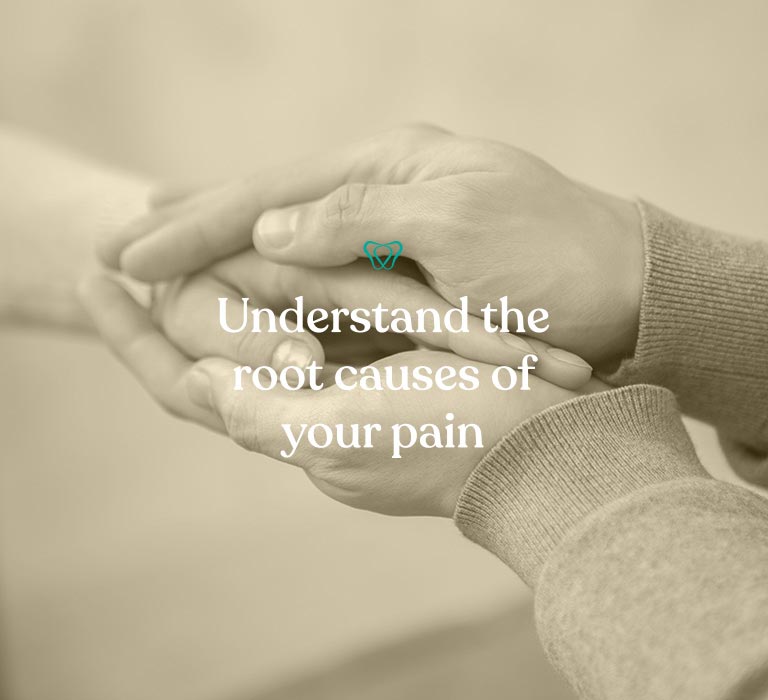Chronic Pelvic Pain
understanding your story
Patient Story
KATRINA, 30, professional and part time student
“My journey with chronic pain began 8 years ago when I was told I had a dermoid cyst and needed laparoscopic surgery to remove it. Unfortunately, the surgery did not resolve the pain. Then came a battle with healthcare professionals, from doctors to physios, chiropractors, RMTs and every healer in between. No one seemed to understand or believe that I was still in significant pain. Finally endometriosis was found and removed with a second surgery and I found that I was less bloated, had more energy, and was able to function at a higher level. The pain was not gone however; instead I learned to live it.
Throughout all of this, I also had vulvodynia – pain with sex. Although it made sense to me that I would have vulvodynia due to the proximity of the pelvic region, it was difficult to accept.
When I first came to see Anniken, I was hopeless. I had built up mistrust towards helping professionals and felt unsure about telling my story yet again. Anniken was warm, transparent, validating, and kind. I felt immediately comfortable with her, and knew that she was the right fit. Anniken was able to physically release my internal pelvic floor muscles, and this significantly helped to shift the intensity of my pain. Anniken and I have continued to work together since, and although the vulvodynia has not completely resolved, it is significantly better. Anniken is constantly trying new techniques with me, from releasing other muscles in my body that are connected to my pelvic floor, to helping me to connect emotionally with my pain.
I am now functioning higher than I have in eight years. I am stronger both physically and mentally, and most importantly I am supported by a health care professional whom I can trust and rely on.”


PELVIC FLOOR PHYSIOTHERAPY CAN HELP YOU
-
 Understand how your pain ended up where it is
Understand how your pain ended up where it is -
 get proactive and informed in how to best manage your pain
get proactive and informed in how to best manage your pain -
 Reduce your pain
Reduce your pain -
 Improve confidence
Improve confidence -
 Get strong and active without fear of flare ups
Get strong and active without fear of flare ups
-
WHAT IS CHRONIC PELVIC PAIN?
-
UNDERSTANDING YOUR PELVIC PAIN
-
TREATING YOUR PELVIC PAIN

